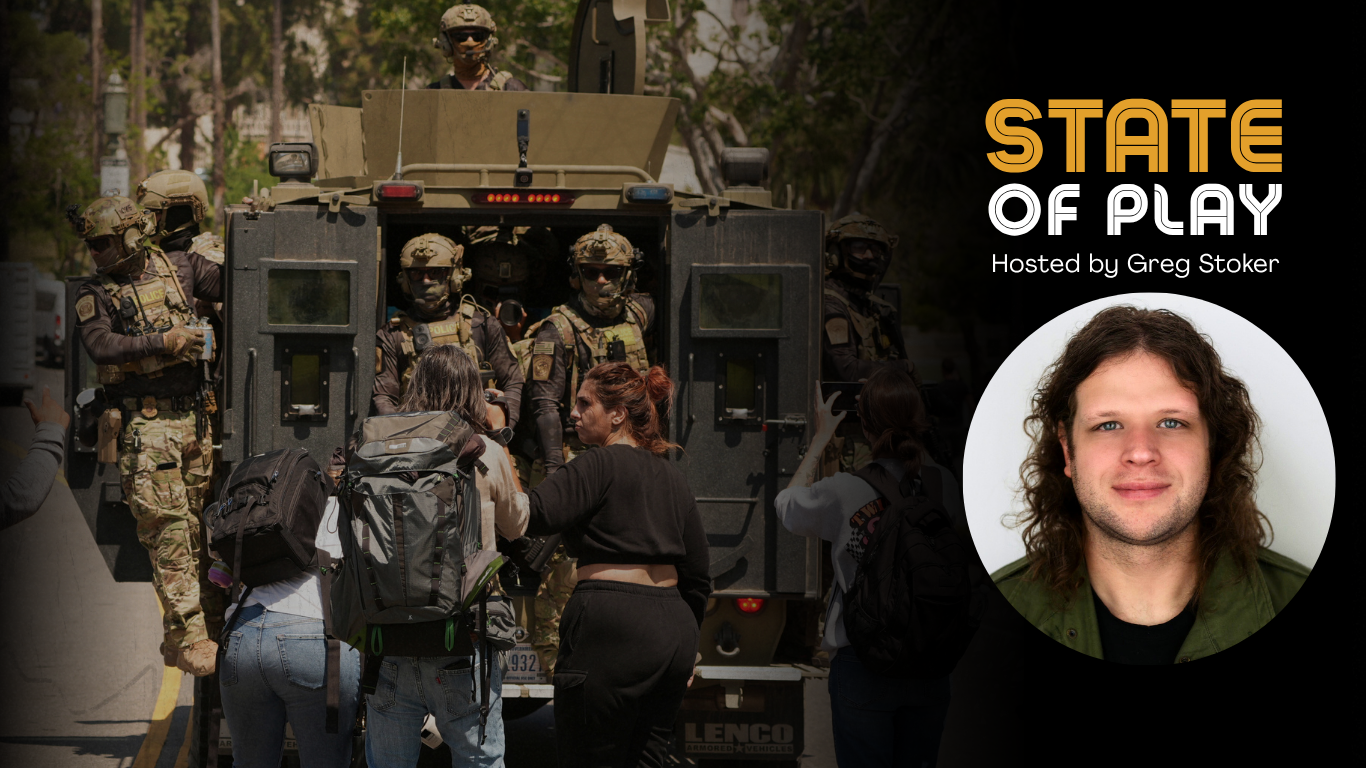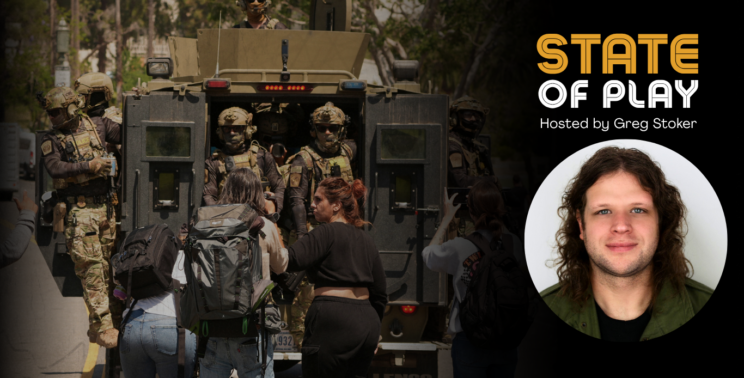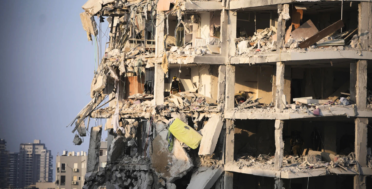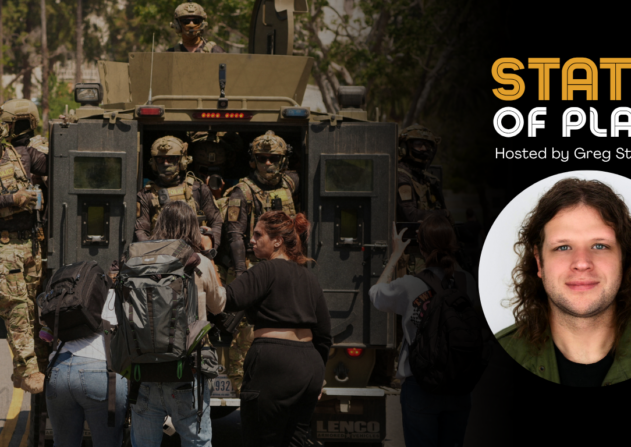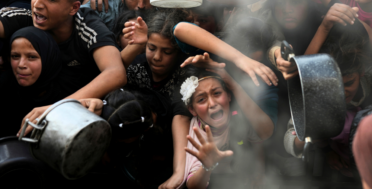Lo que está de moda
- Mientras la FIFA se prepara para el Mundial de Clubes de 2025, los aficionados exigen que se le muestre la tarjeta roja a Israel
- Kneecap vs. el lobby israelí: Cómo una banda rebelde sacudió a Gran Bretaña
- De favorita de los medios a persona non grata: el viaje de Greta Thunberg
- Revelado: Naciones de la UE condenan el genocidio de Gaza y firman acuerdos de armas multimillonarios con Israel.
- Funcionario de la Campaña de Solidaridad con Palestina del Reino Unido admite haber trabajado con un exespía israelí
Últimas Noticias
De los equipos Tigre a los campos de concentración: el ICE y sus conexiones con la inteligencia israelí
Esta semana en State of Play, Greg Stoker se reúne con Jalyssa Dugrot y Robert Inlakesh para exponer cómo ICE está atacando a los estudiantes manifestantes utilizando software espía israelí, listas negras y empresas vinculadas al ejército.
Ayúdanos a luchar contra el declive de la libertad en Internet
Shadowbanning, suspensión, ataques DDoS y manipulación de contenido en línea: los medios de comunicación independientes están luchando contra un aumento en los ataques a la libertad de Internet. Estamos en un momento en el que cada vez es más difícil que se escuche tu voz. Mint Press News siempre se está adaptando para encontrar la mejor manera de estar allí para usted.
Donar hoy

